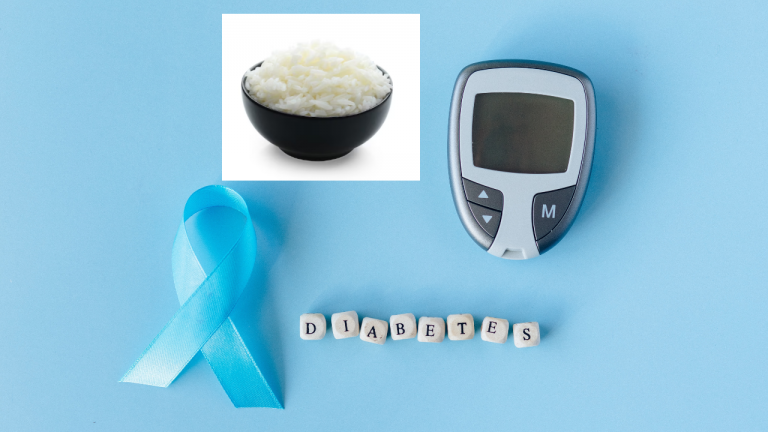Which is the Best Food Diet to Increase our Life Span?

The concept of a single “best” diet for increasing lifespan is complex and subject to ongoing scientific research. However, several dietary patterns have been associated with longevity and improved health outcomes. Here are some dietary approaches that have shown promise:
Mediterranean diet: The Mediterranean diet is rich in fruits, vegetables, whole grains, legumes, nuts, seeds, and healthy fats such as olive oil. It emphasizes moderate consumption of fish, poultry, and dairy while limiting red meat and processed foods. This eating pattern has been linked to reduced risk of chronic diseases and increased lifespan in numerous studies.
Plant-based diets: Plant-based diets, including vegetarian and vegan diets, focus on mainly consuming plant foods while minimizing or excluding animal products. These diets are typically abundant in fruits, vegetables, whole grains, legumes, nuts, and seeds, which provide essential nutrients, fiber, and antioxidants. Studies have associated plant-based diets with longevity and a lower risk of chronic conditions like heart disease and certain cancers.
DASH diet: The Dietary Approaches to Stop Hypertension (DASH) diet is designed to lower blood pressure. It emphasizes fruits, vegetables, whole grains, lean proteins, and low-fat dairy products while reducing sodium, added sugars, and saturated fats. The DASH diet has been associated with improved heart health and reduced risk of cardiovascular diseases.
Okinawan diet: The traditional diet of Okinawa, a region in Japan known for its high proportion of centenarians, focuses on plant-based foods, including vegetables, legumes, soy, and whole grains. It is low in calories, saturated fat, and refined sugars. The Okinawan diet places an emphasis on moderation and portion control, which may contribute to improved longevity.
While these dietary patterns have been associated with positive health outcomes, it’s important to remember that individual factors, such as genetics, lifestyle, and overall nutritional quality, also play a significant role in lifespan. Additionally, maintaining a balanced and varied diet, along with regular physical activity, avoiding smoking, managing stress, and getting adequate sleep are important lifestyle factors that can contribute to overall health and longevity. It’s recommended to consult with a healthcare professional or registered dietitian to create a personalized dietary plan that suits your specific needs and goals.



